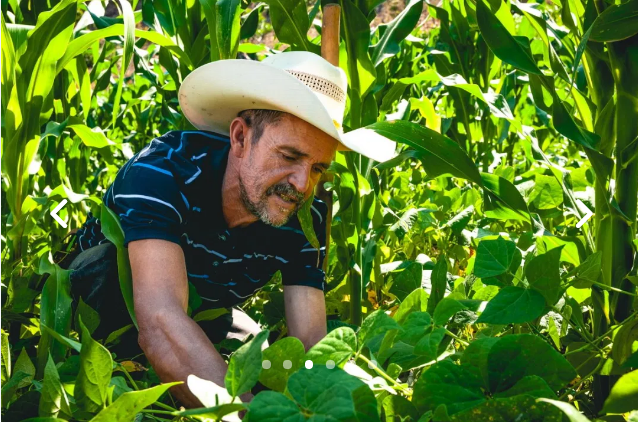Honduras: Food Security and Nutrition 2014-2020

OBJECTIVES
- To reduce poverty by ensuring that a larger number of rural Honduran families can meet their basic food needs from sustainable and resilient family agriculture, with special emphasis on women, children and indigenous people.
- To strengthen the sector’s institutions and civil society to implement policies at national, regional and local levels to support economic growth and food security pillars of availability, access, food use, and stability.
MAIN PROGRAMS
Bilateral
- Budget support for sector reform – EUROSAN BUDGET
- Sector Reform Performance Contract for Food and Nutrition Security – EUROSAN Desarrollo Local (DeL)
- Response to the socioeconomic impact of COVID-19 and effects of climate change on livelihoods and food security in the Gulf of Fonseca Region.
Thematic
Regional
- Adapted Agroforestry Systems for the Central Dry Corridor (AGRO-INNOVA)
- Information Systems for the Food Security and Nutrition resilience in SICA region (PROGRESAN-SICA II)
RESULTS UP TO OCTOBER 2020
- Food Security and Nutrition Policy and Strategy (PyENSAN 2030) updated and adopted with wide participation
- FSN public expenditure and investment identified by institution and program. An automatized control panel linked to the national results management platform to monitor the FSN policy and strategy was developed.
- The Information System for the Monitoring and Evaluation of Food and Nutritional Security (SISESAN) was developed. It consists on a space of exchanges and a web platform to guarantee the generation, analysis and dissemination of relevant, reliable, timely and pertinent information for FSN decision making.
- 2,343 persons trained in FSN technical knowledge at regional, municipal and local level.
- Regional FSN roundtables activated covering 286 municipalities.
- Monthly average for strategic reserve of red beans in last 22 months of 39,960 quintals (with peaks of 108,678 qq)
- 37,417 children under five were registered in nutrition support programs in the Dry Corridor
- 39,336 rural households are participating in extension and business development programs in the Dry Corridor
- Increased the production (67%), productivity (70%), and quality (72%) of cocoa in agroforestry systems, under sustainable management in the social, economic and environmental aspects in 445 hectares benefitting 455 small farmers.
- In coffee, cocoa and cashew nut value chains in el Paraíso, Choluteca and Valle:
-
- 2,200 jobs were generated up to 2019
- Training provided to 10,557 producers (22% women) in the coffee chain, 266 producers (21% women) in the cocoa chain and 1,243 producers (46% women) in the cashew chain.
- Established inclusive business models with international buyers that encourage compliance with economic, social and environmental standards.
- Productivity increased in 2019 by 12.59% over the previous year.
- Improved chain governance with inclusive and effective public-private dialogue and consultation platforms.
- Annual production increased by 15.25% over the previous year.
CHALLENGES
- Consolidate sector policy as a priority to face the recent negative impact on FSN of COVID-19 and tropical storms ETA and IOTA in terms of economic growth, employment, climate change mitigation and health disrupting all food security pillars nationwide.
INFORMACIÓN PRÁCTICA
VISIÓN GENERAL
Agriculture & Food Security
